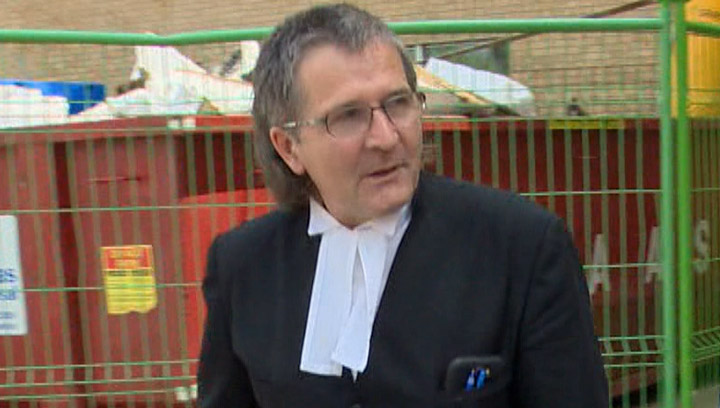SASKATOON – The lawyer representing Douglas Hales calls yesterday’s Supreme Court ruling “an earthquake.”

On Thursday, the country’s highest court called into question confessions extracted through “Mr. Big” police sting operations ruling those confessions are now inadmissible in court, unless the crown can prove otherwise.
“It changes everything. It moves the law from a position where the statements were presumptively admissible and now brings it to a point where the statements are presumptively inadmissible, that’s huge,” said Bob Hrycan, defence attorney for accused killer Douglas Hales.
In 2008, officers posing as criminals got Hales to confess to killing 25-year old Daleen Bosse, who vanished in May of 2004.
Charged with first-degree murder and offering an indignity to human remains, Hales was arrested on Aug. 10, 2008 after telling undercover officers he choked Bosse to death then lit her on fire.
His lawyer maintains Bosse died of alcohol poisoning and that Hales embellished details of her death to undercover officers to fit in.
Thursday’s SCOC decision focused on a Newfoundland murder suspect but could impact any “Mr. Big” cases currently before the court.
“I think that there is wide-spread concern that the technique lends itself to abuse and that if it has not yet created a miscarriage of justice it soon will,” said Hrycan.
Declining to comment on how this judgement could affect his client’s case, Hrycan admits Hales has been in touch with him since the news broke.
“No one knows with crystal certainty now what the correct steps are, what everybody knows is that the law has changed, many would say for the better but it definitely has changed. The next question is how those changes affect cases that are before the courts now and it will depend on each attorney to make their decisions going forward on how to approach it with the court,” said Hrycan.
“What the courts do will depend on what they’re asked to do by the lawyers and what they believe to be correct based on the new ruling from the Supreme Court.”
A verdict in Hales’ trial is set for Aug. 29.


Comments